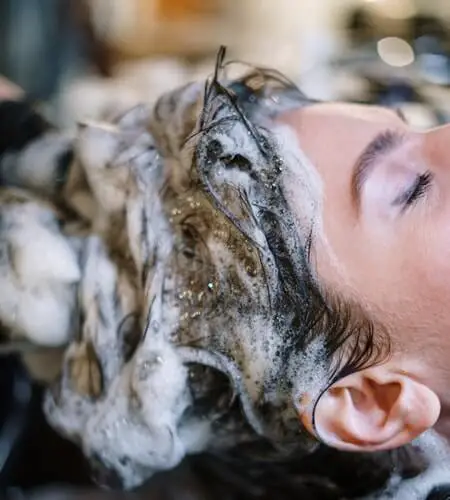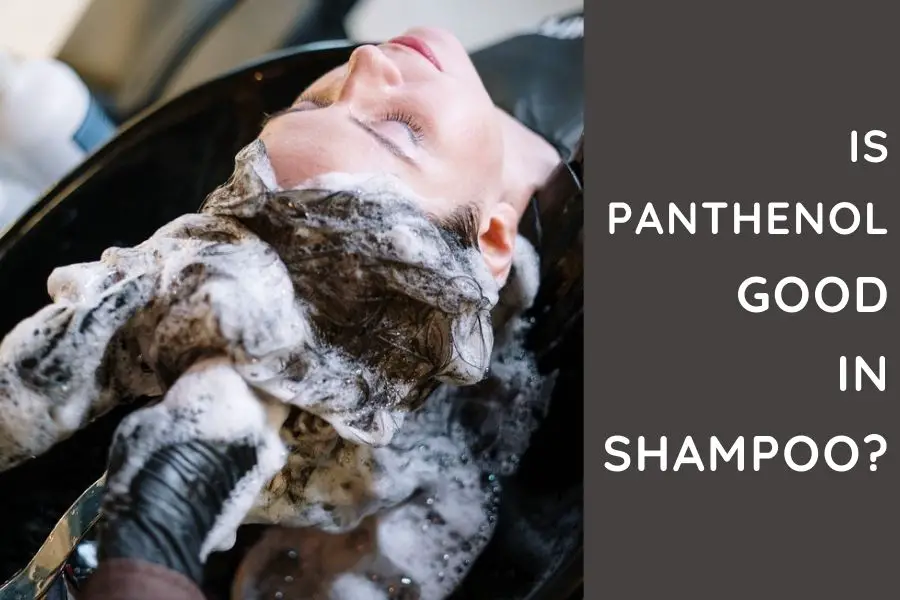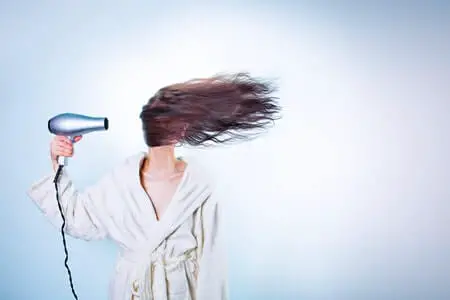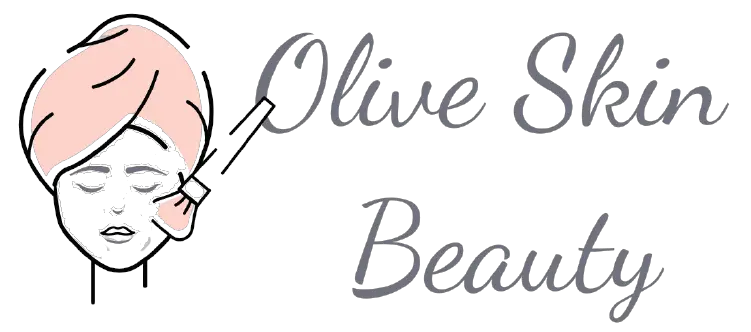There’s a lot of debate over whether panthenol is good for your hair. On the one hand, some people say that it helps to moisturize and strengthen your hair. But others claim that it can actually make your hair oily and greasy. So, what’s the truth? Is panthenol good in shampoo? Read on to find out!
Panthenol is a compound that is derived from vitamin B5. It can be found in many different skincare and haircare products, including shampoos. Panthenol helps to strengthen hair and make it more resilient to damage.
It can also help to moisturize the scalp and hair shaft, making hair look healthier and shinier. Many people find that using shampoo with panthenol helps to improve the overall condition of their hair.
For this reason, it can be a beneficial ingredient in hair products that are designed to treat dry or damaged hair.
However, not everyone finds panthenol does wonders for their hair.
Some people even claim that using shampoo with this ingredient makes their hair look greasy and feel heavy. This is why some people avoid shampoos with panthenol completely – because they assume the worst.

What causes the difference? Well, there are several reasons why your hair may react differently to certain ingredients.
Dryness is one of these factors. If you have naturally dry hair already, then you could find that panthenol just exacerbates the problem. Some other things that might affect how well your shampoo works include:
- Hair type
- Age
- Hormonal changes, such as menopause or puberty (this can make your scalp over-produce oil).
Does panthenol dry out hair?
There’s also a lot of confusion about whether or not panthenol dries out hair. Let’s clear the air and set the record straight.
Panthenol is actually one of the best ingredients you can use when it comes to keeping your hair healthy and hydrated. In fact, it’s often used in shampoos and other hair products as a conditioning agent.
So if you’re worried that using a product with panthenol will dry out your locks, don’t be – it won’t have that effect at all! If anything, you can expect softer, shinier hair that feels much healthier overall.
It attracts moisture from the air and binds to water molecules thanks to its chemical structure. Panthenol aids in keeping moisture in and preventing it from escaping.
Is panthenol good for scalp?
Some people also claim that panthenol isn’t good for your scalp. It’s important to remember that, if you have an itchy or irritated scalp, then it may be inflamed and slightly swollen

This inflammation will cause any product you apply to the affected area to quickly sink in, making it less effective over time. The main issue with using a shampoo with panthenol on this type of scalp is that it can lead to increased dryness.
So if you know your scalp is sensitive or irritable, try avoiding products that contain panthenol (or choose one that is a recognized gentle hair cleanser).
They might not give you the shiny hair you’re looking for, but at least you won’t give yourself a nasty rash or infection in the process.
Does panthenol help hair loss?
Some people even claim that panthenol can cause hair loss. While there may be some validity to this, as we’ll explain below – it’s very unlikely that you would experience this side effect from using a shampoo with this ingredient.
Panthenol definitely isn’t going to make your hair fall out on its own accord (unless you suffer from hypothyroidism and other conditions). But if your scalp is already irritated and inflamed, then using a product containing this ingredient could worsen the condition – so it might be wise to stay away from panthenol if this is the case.
Panthenol can also affect how well your shampoo works depending on your hair type – particularly if you have hair with open cuticles, as they allow moisture to escape easily. This may dehydrate the hair shaft, making it appear frizzy or dry.
Is panthenol good for hair with high porosity?
If your hair is very porous, then you could also react to a shampoo with this ingredient in a negative way – which begs the question:
Is panthenol good for high porosity hair? Some people even claim that using a product with panthenol dries out their fine locks and aggravates frizz.

There are a few factors at play here. Firstly, if your hair has been bleached multiple times, the cuticles will be more open than usual.
This can cause moisture from the outside of the strands to get trapped inside, which means it doesn’t have an opportunity to escape.
Panthenol can also increase the thickness of your hair.
This means there’s a chance that it will lose moisture from the inside – which is particularly problematic for those with high porosity hair as they tend to be very fine and lack volume.
In this case, you might want to look out for a shampoo that doesn’t contain panthenol if you’re trying to hydrate your locks.
Is panthenol good for low porosity hair?
On the other hand, if your hair is naturally thick and coarse and has an abundance of cuticles on the outside (or scales), then panthenol probably isn’t going to affect how well your product works either way.
If your locks are ultra-fine and have an abundance of scales on the inside – then panthenol might make them appear duller. This is because it’s a thickening agent, which means that it can cause strands to look less sleek.
It also has another benefit when used in products – as it allows all other ingredients to stick to your hair better while you’re washing it. This can result in longer-lasting effects for any product that contains panthenol after you rinse it away.
So many people reach for their shampoos with this ingredient before blow-drying or straightening their hair – so they get great results without having to apply too much heat damage to get them.
Final Thoughts
At the end of the day – you might not want to use a product containing this ingredient if your hair is ultra-fine and has an open cuticle. But for everyone else, it’s absolutely fine to include this in your haircare routine.
The key thing is that it’s unlikely that your scalp is going to have a negative reaction to using it.
If you’ve been using a shampoo with this ingredient and still feel like your hair doesn’t feel right, then the problem might lie elsewhere – rather than being linked to the contents of your shampoo.

